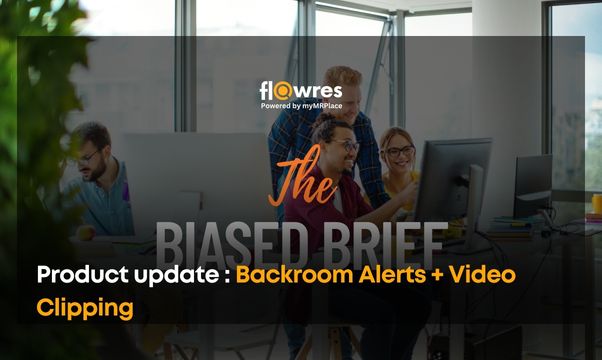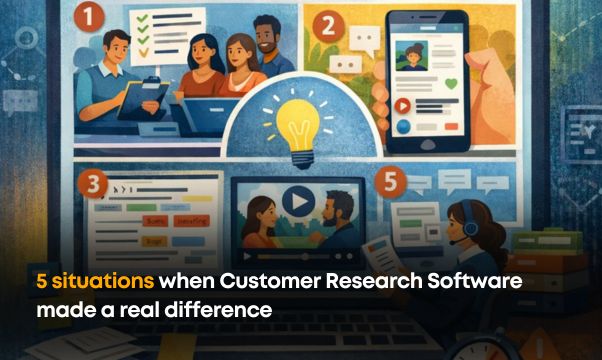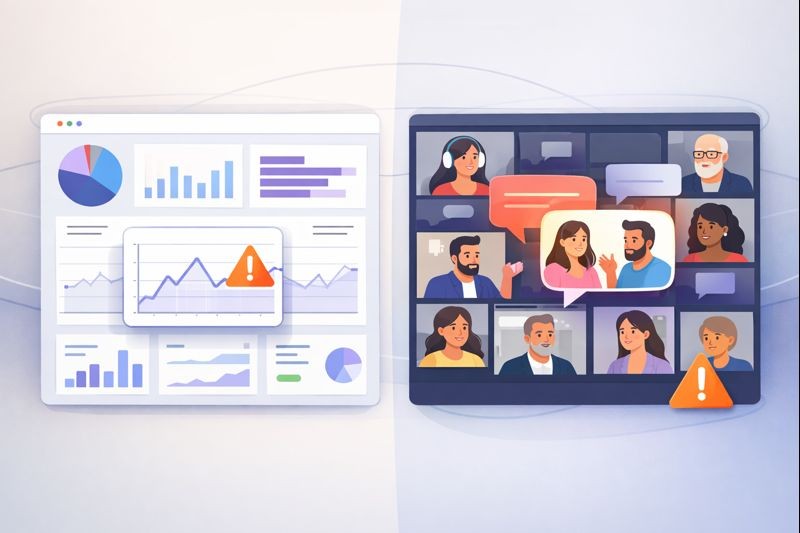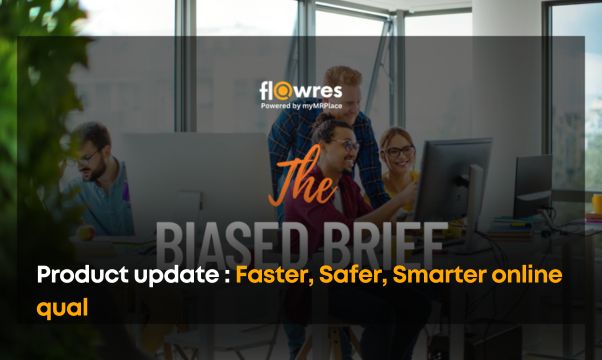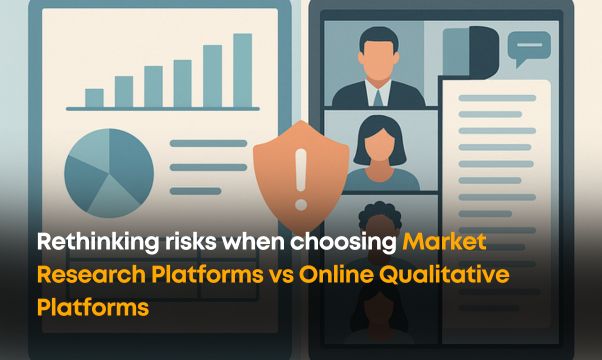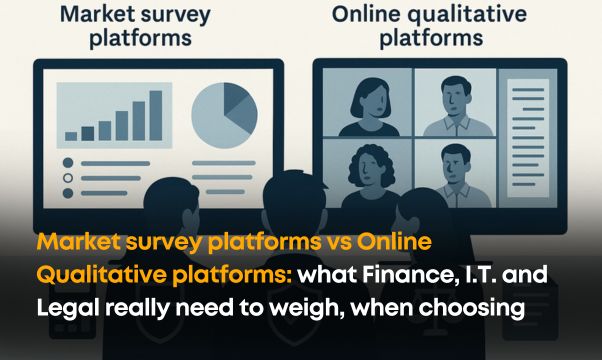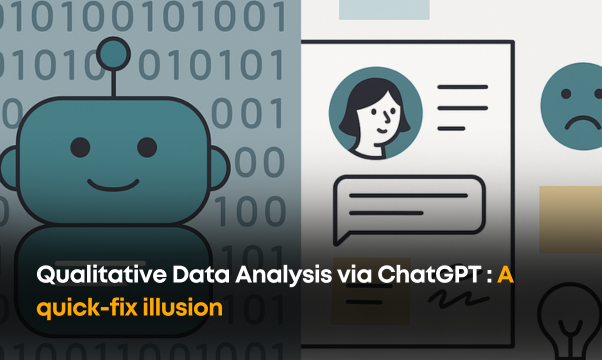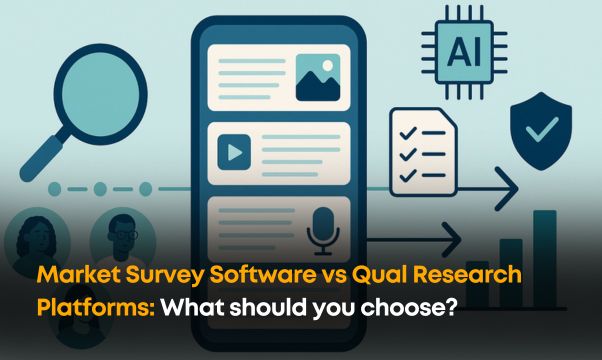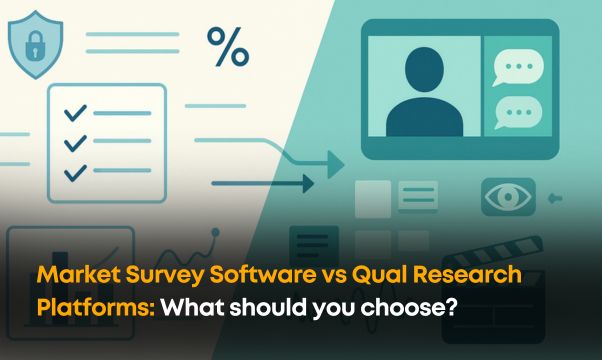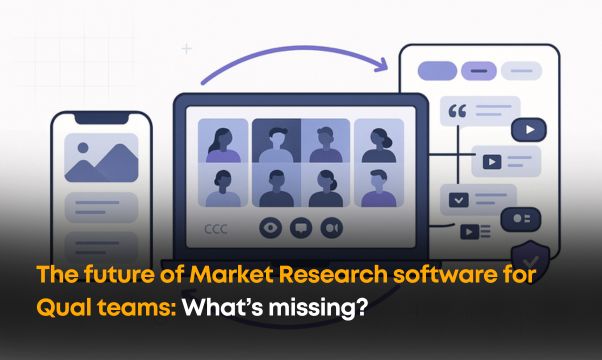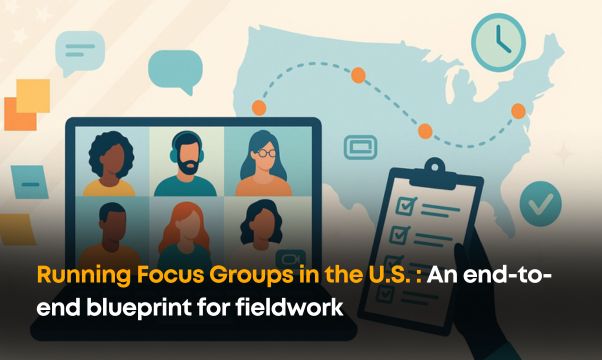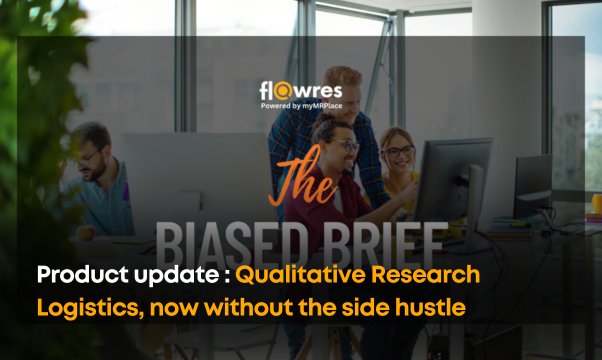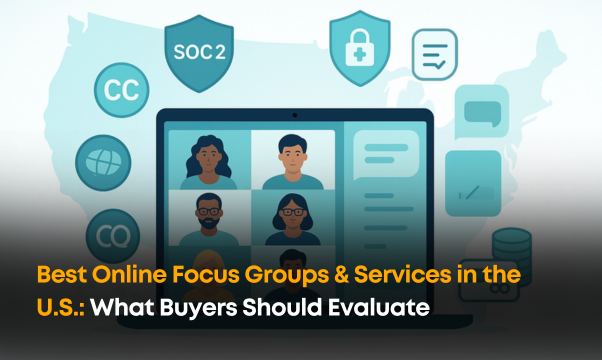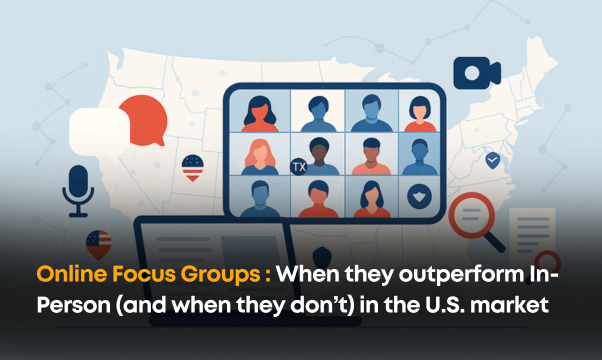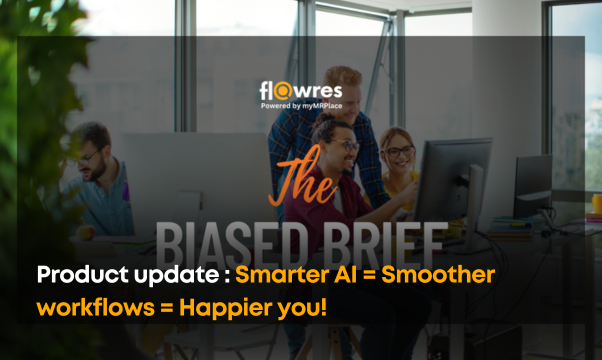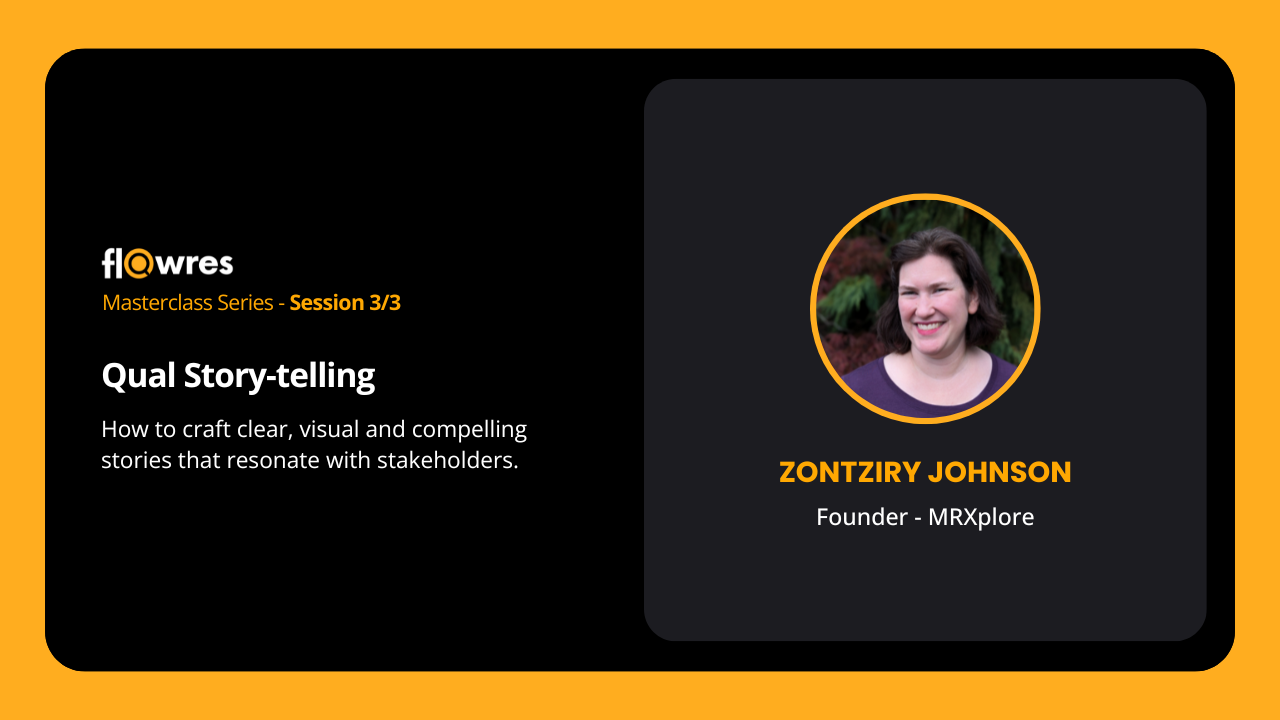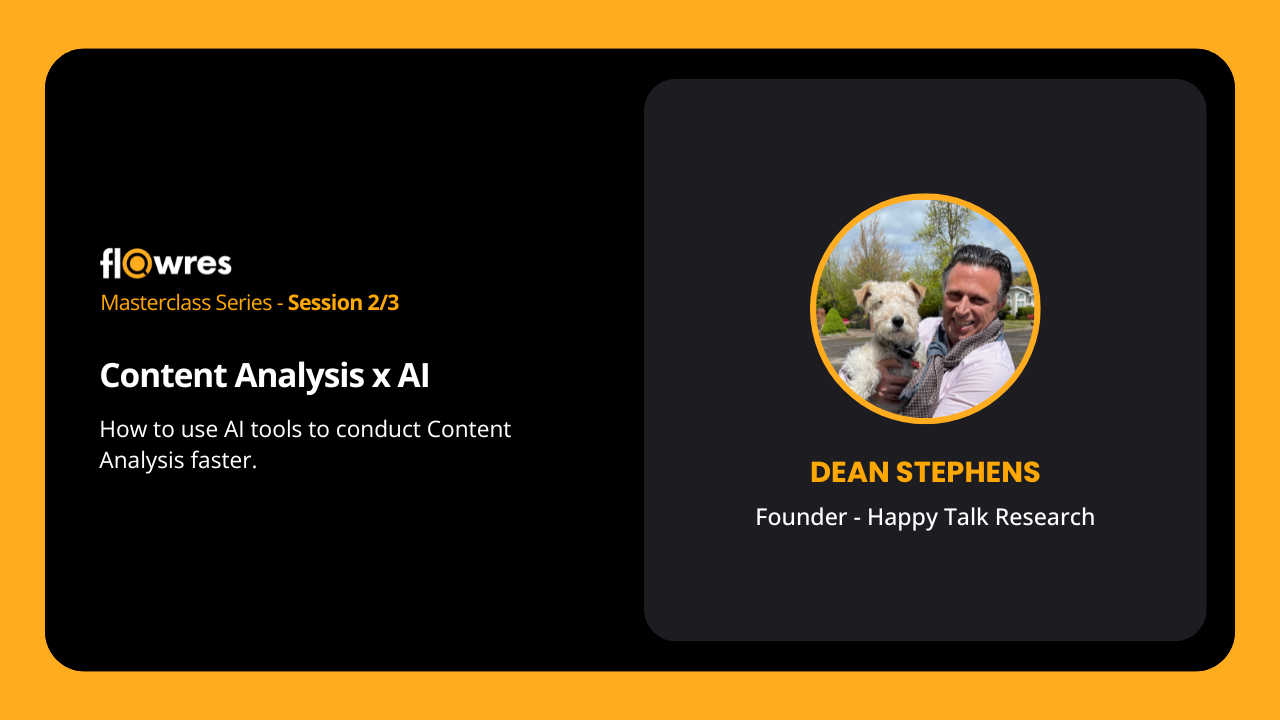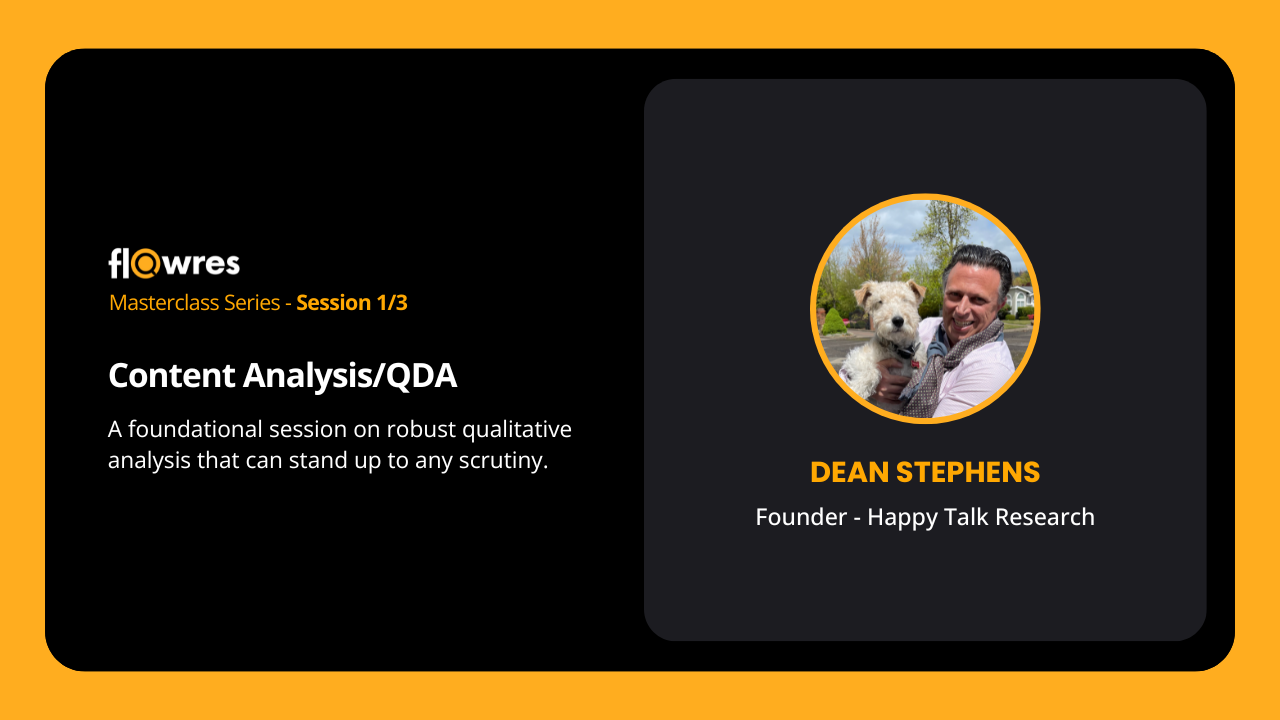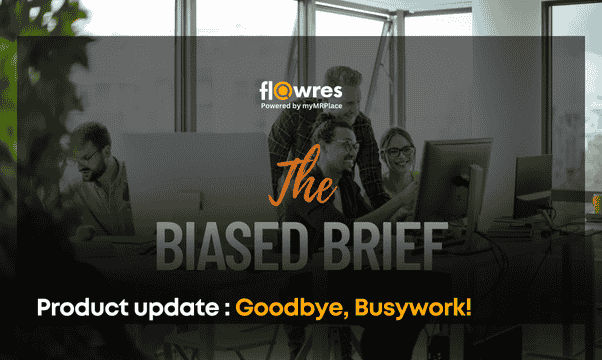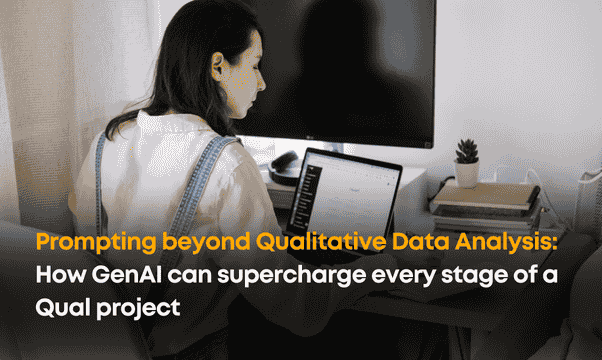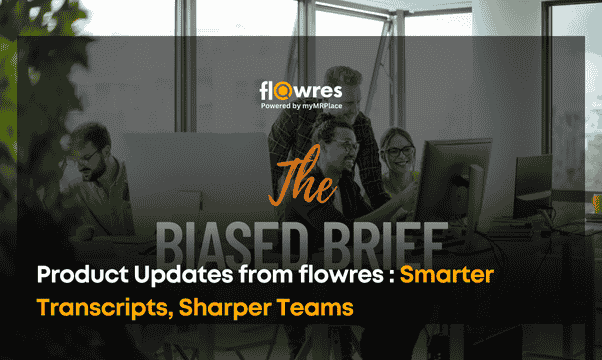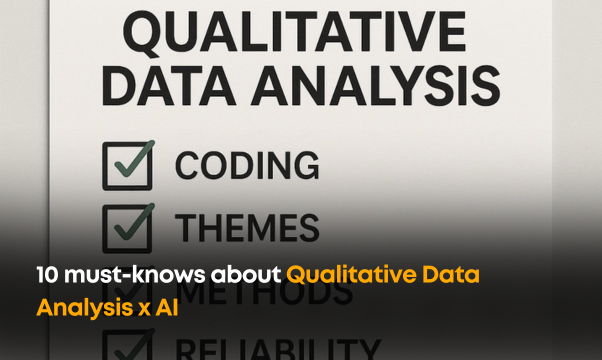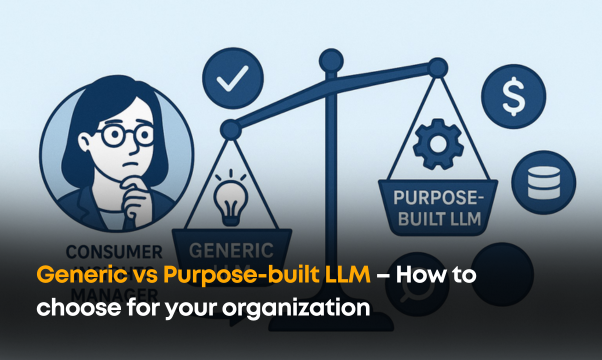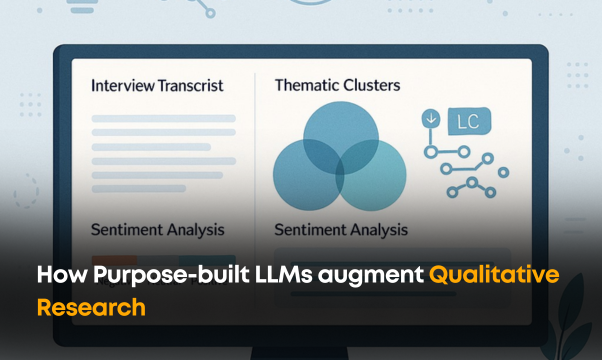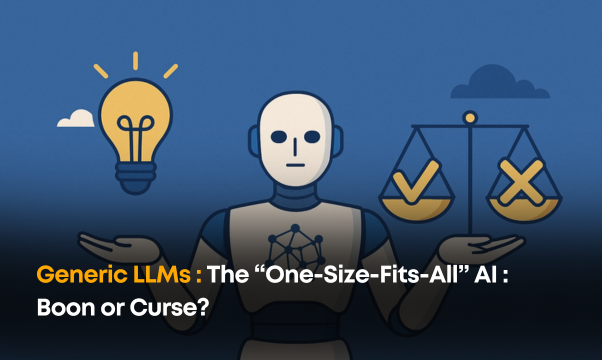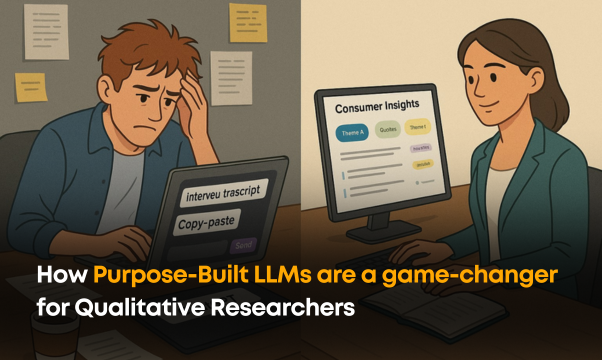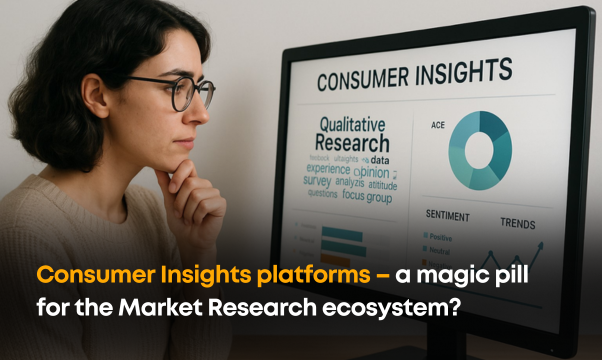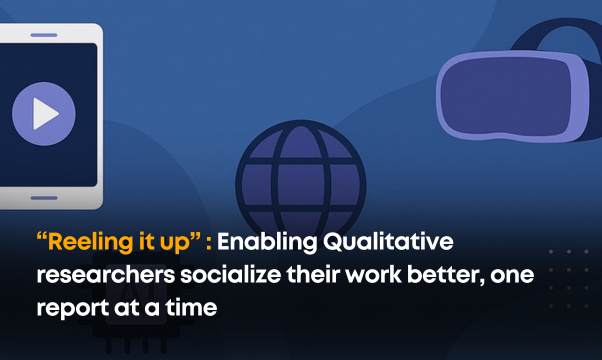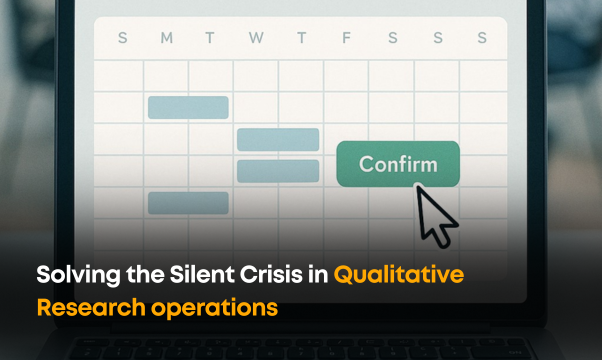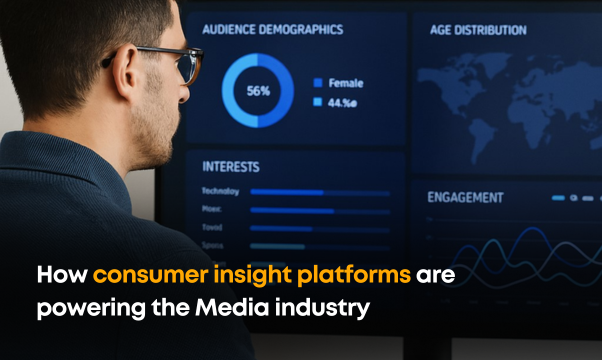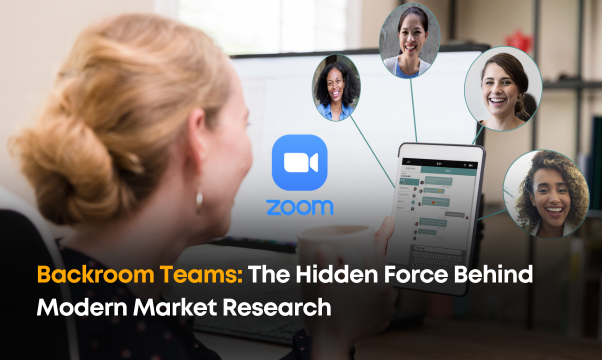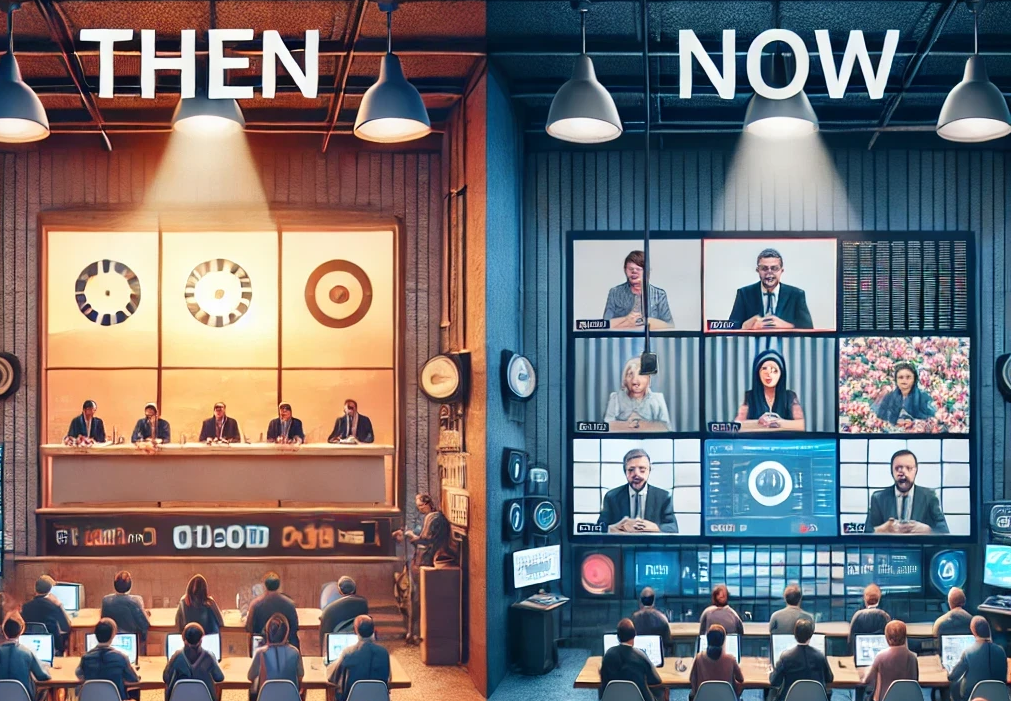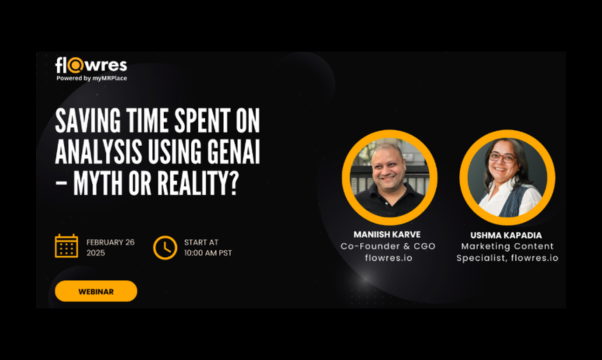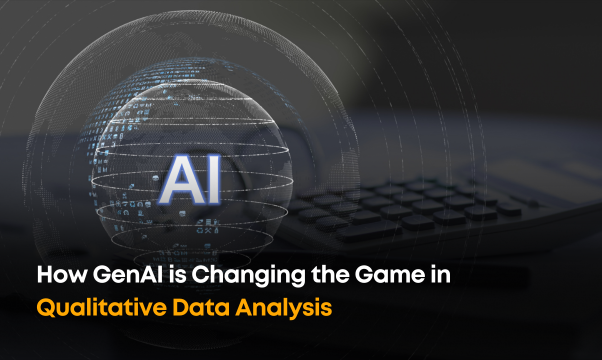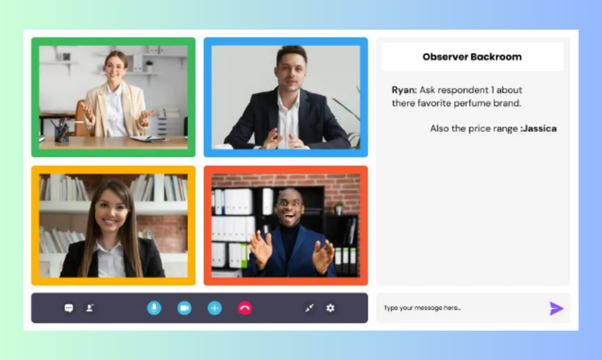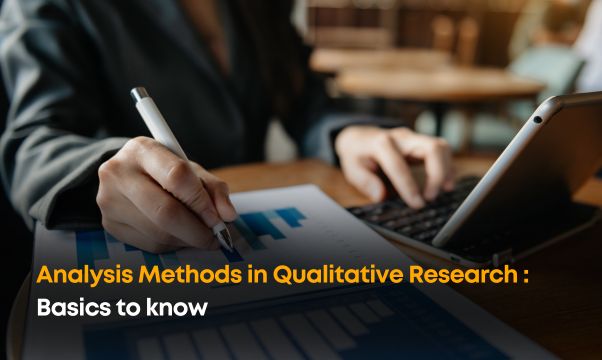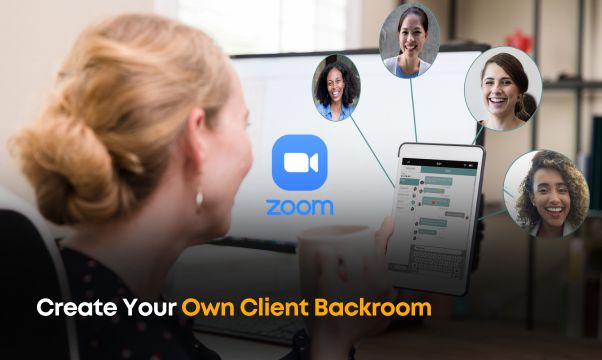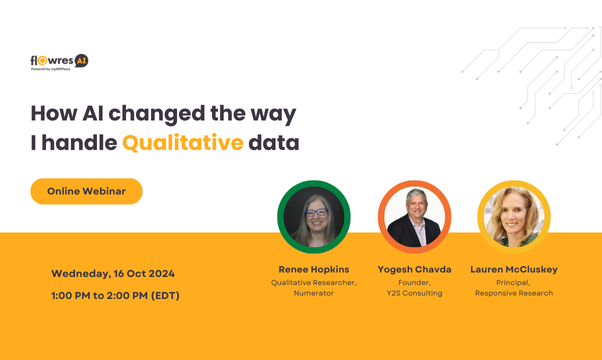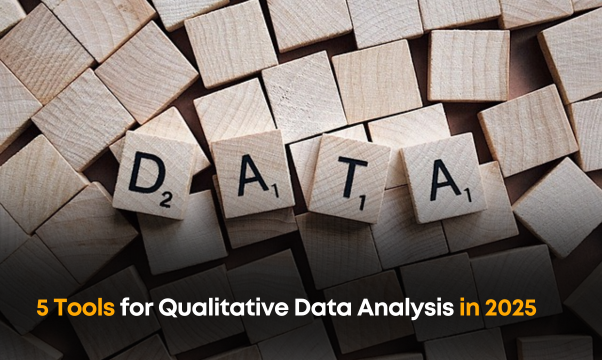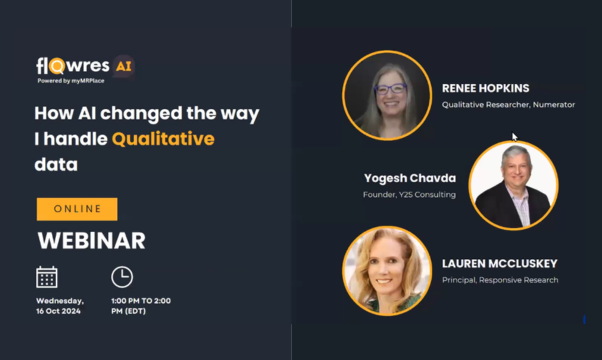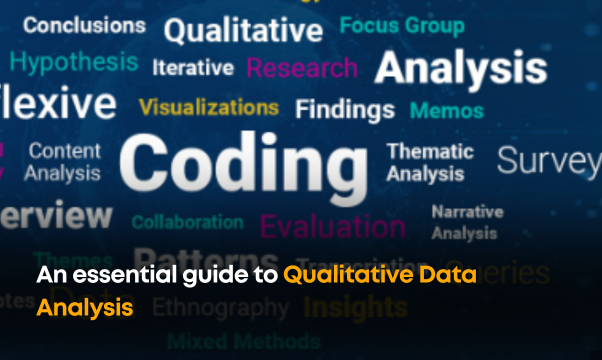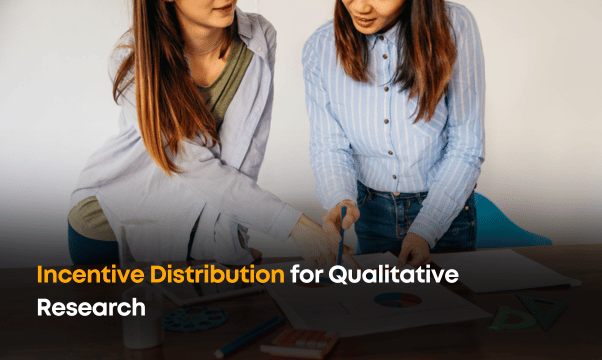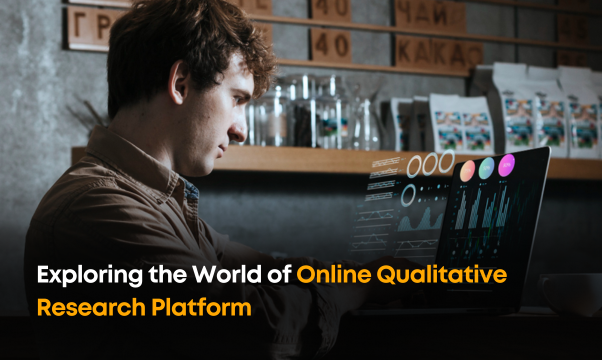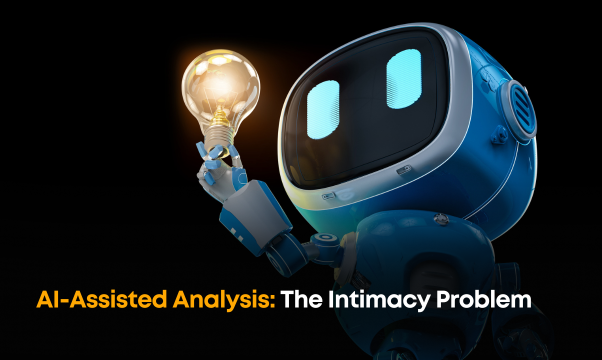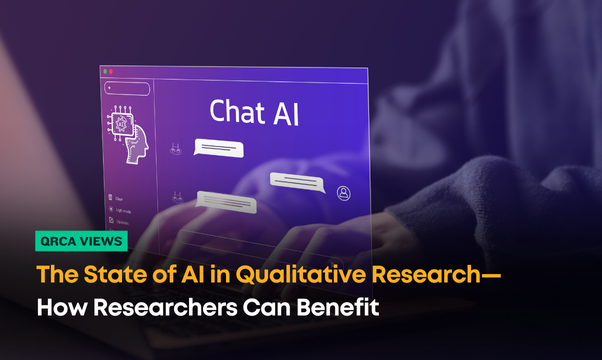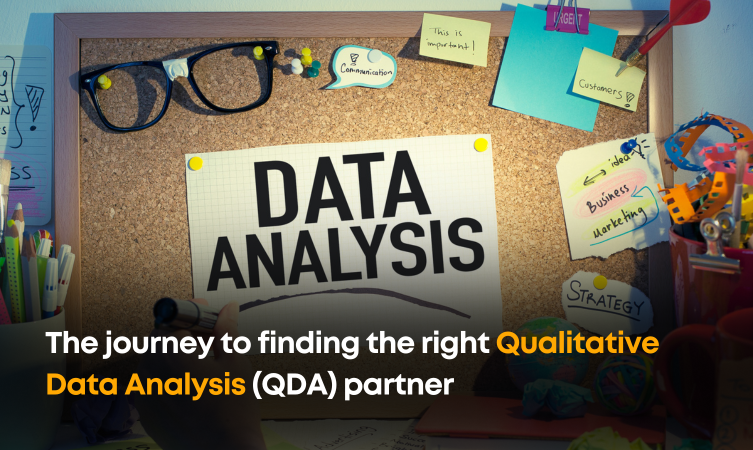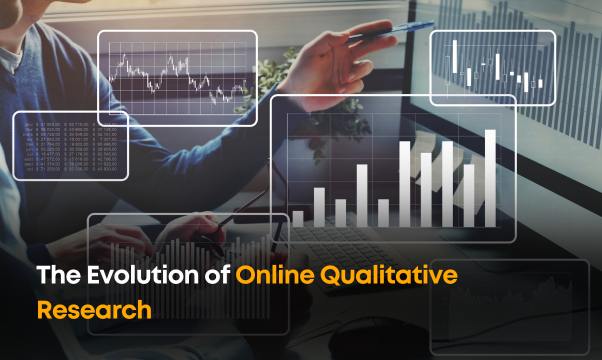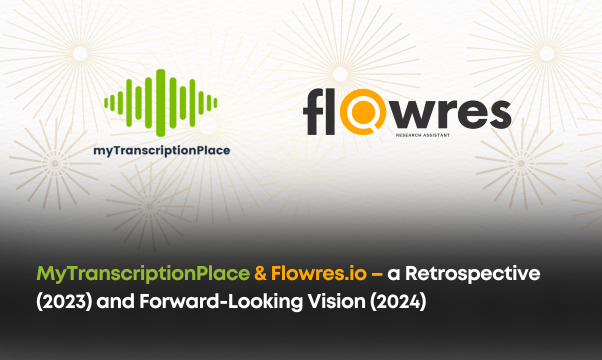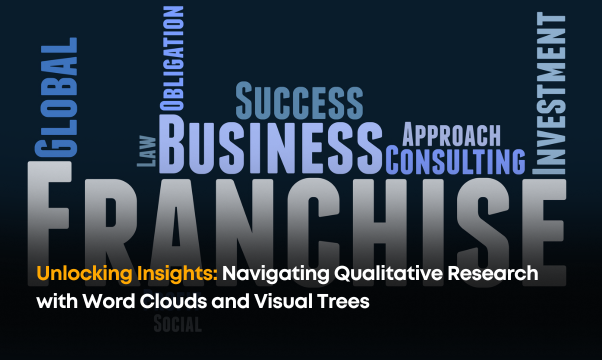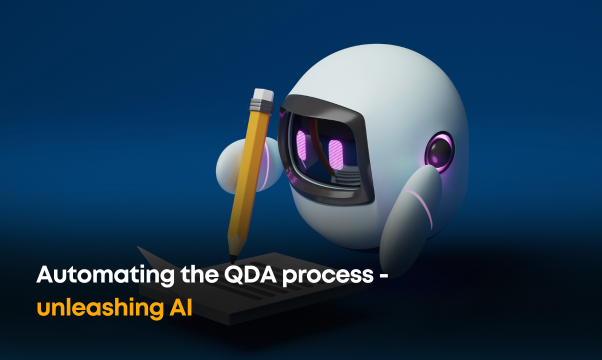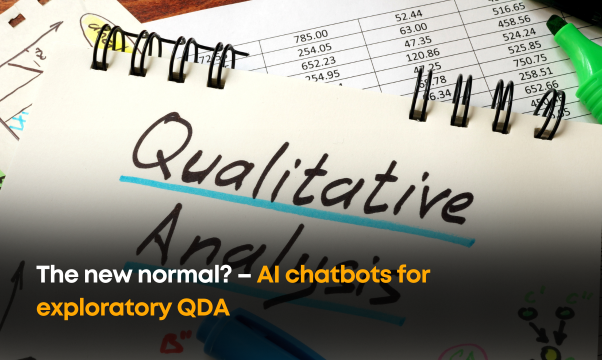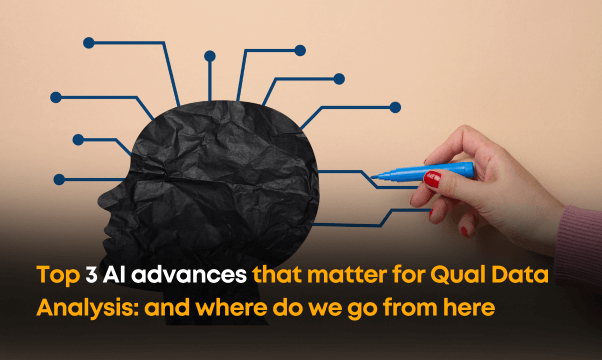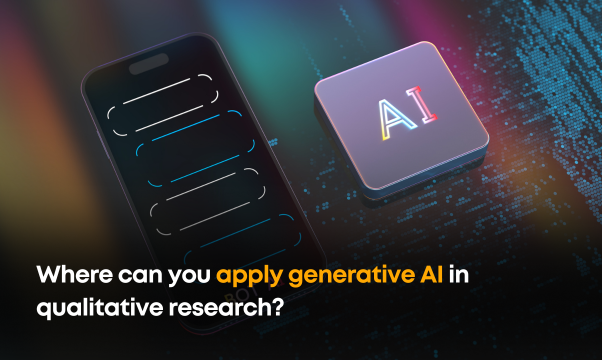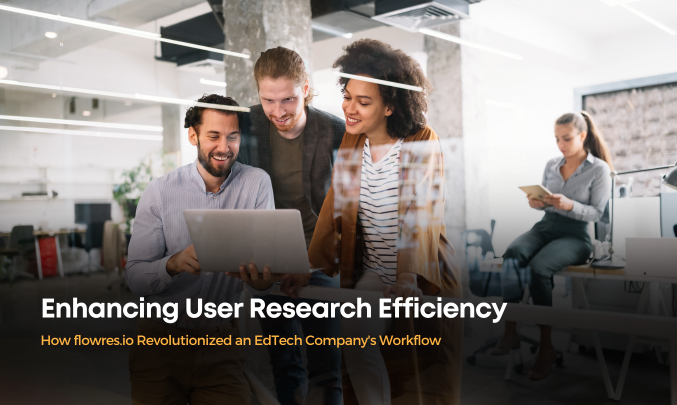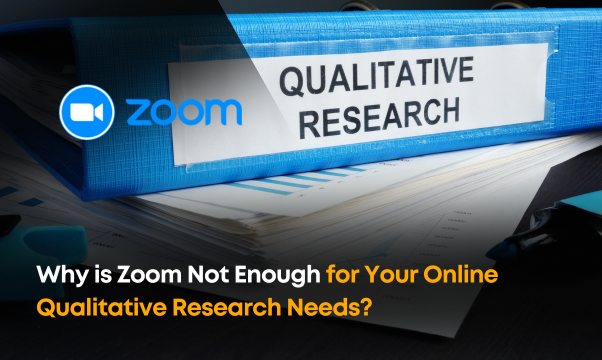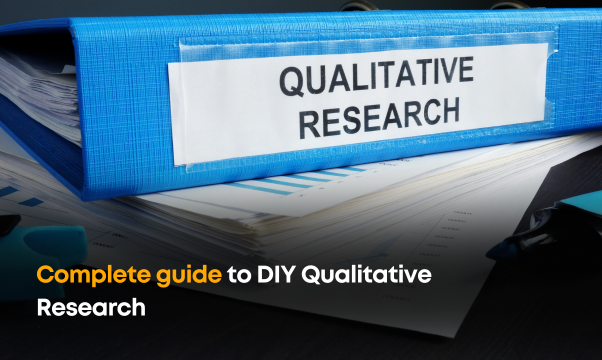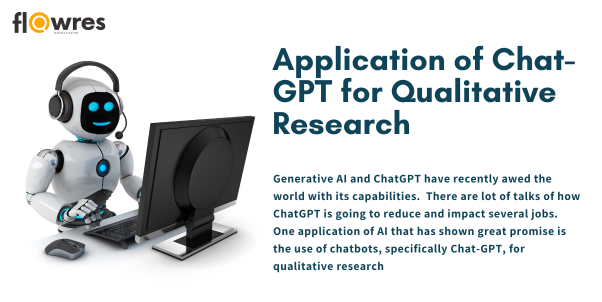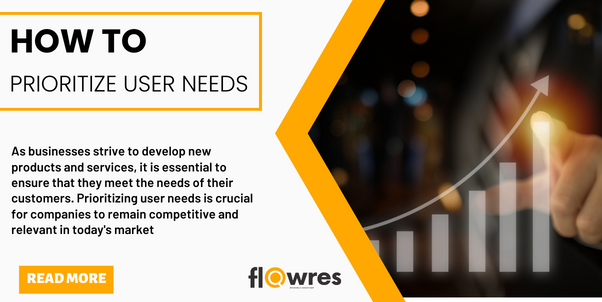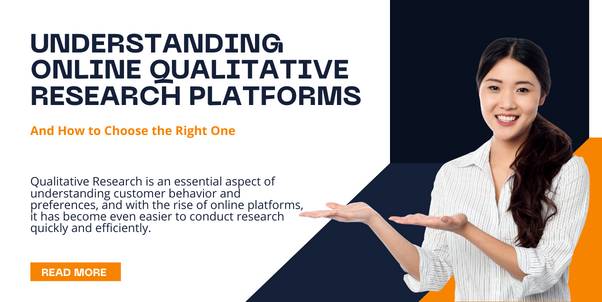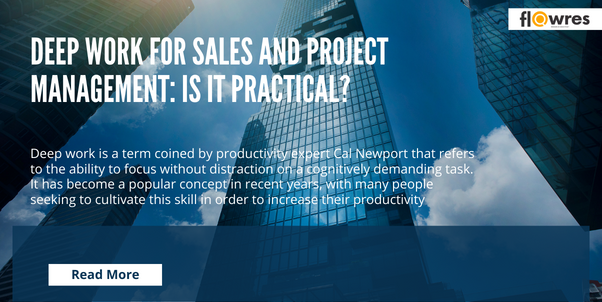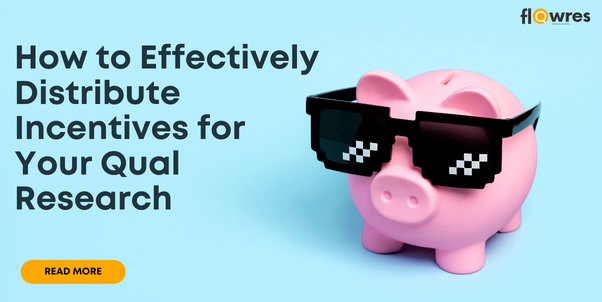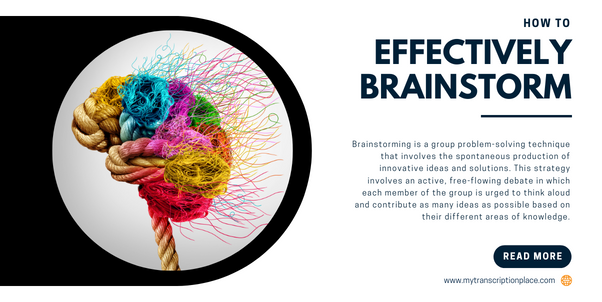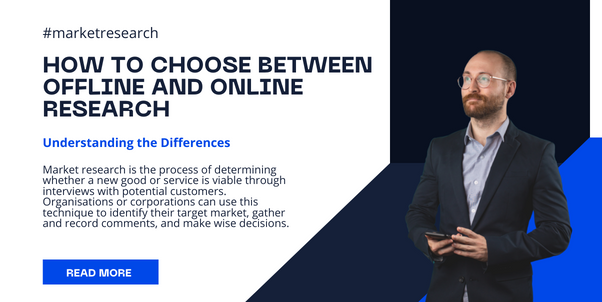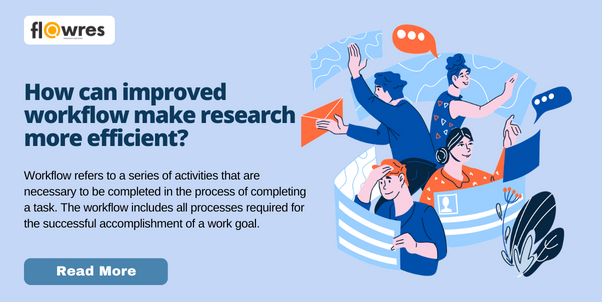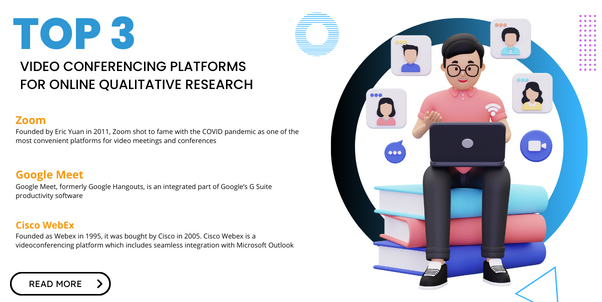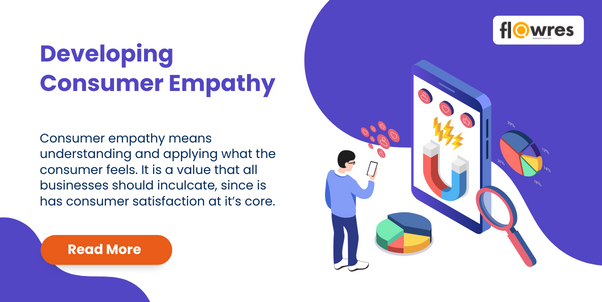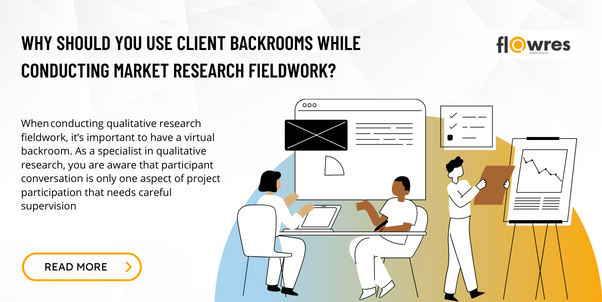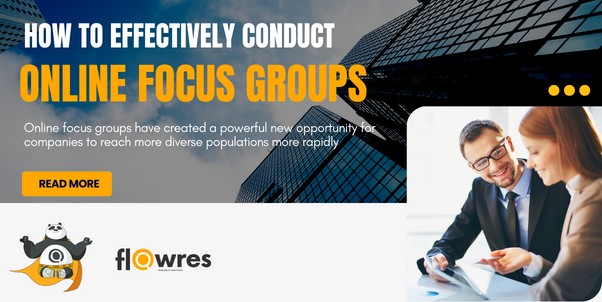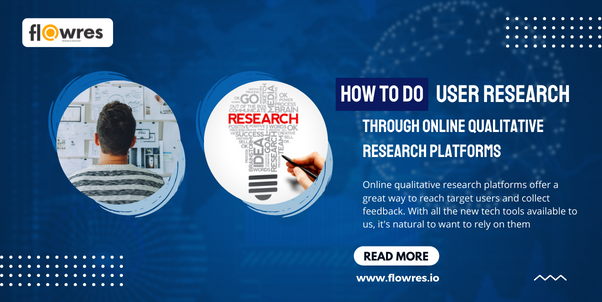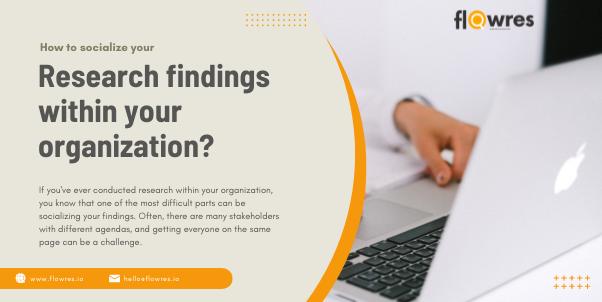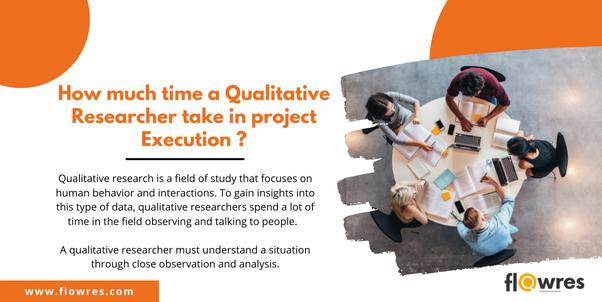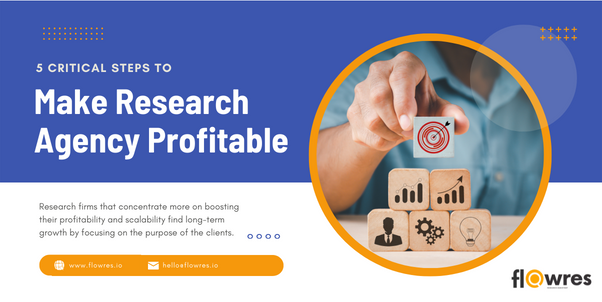Blogs
This update announces features that streamline online qualitative research - video clipping during analysis, easy clip edits and reel-making and sharper backroom alerts for online focus groups.
In Qualitative Research, the tool-stack determines what data gets captured, how fast you analyse and whether stakeholders act. Here are 5 moments when customer research software actually moved the needle.
Reviewing your ResTech stack in 2026? Here's a quick, focused Q&A on risks and trade-offs when evaluating market research platforms vs online qualitative platforms
Run faster, safer online qualitative research with Flowres. Explore new AI workflows, secure backrooms, bulk transcripts and smarter analysis for online focus groups.
Mixing rooms, disclosure bias, webinar constraints, and off-app chatter have diluted the Online Qual Research experience. Read on for this update on how clients are safeguarding against these drops in experience.
When should you worry more about your ResTech? We unpack hidden risks in market research platforms and online qualitative platforms – from online focus groups and recordings to AI-driven text analytics and governance.
How Finance, IT and Legal should really compare market survey platforms with online qualitative platforms: risk, consent, analysis capabilities, total cost to insight.
Sure, ChatGPT can summarize text. However, Qualitative Data Analysis demands empathy, context and methodology-related logic. Here’s why Generic AI tools flatten nuances and what you miss when you use them; instead of using Purpose-built Qualitative Research platforms.
Learn how digital diaries can capture in-the-moment behaviors, complement market survey software and speed decisions through a modern consumer insights platform.
Overwhelmed among market survey software and Qualitative Research platforms available? This U.S.-focused guide explains when to use each and clarifies costs; especially for first-time buyers evaluating customer research software.
Today’s Market Research software records and transcribes; but Qual teams now need a 'decision engine'. This piece lays out a Qual-first stack, where Digital Diaries feed Focus Groups. With auditable AI and built-in compliance; future market research platforms will shrink the time-to-defensible-insight for U.S. teams.
Plan and moderate focus group discussions confidently in the U.S. market. Here's a quick round-up of recruiting, consent, incentives, stimulus pacing and online focus group techniques that deliver.
Upgrades designed to work as a workflow, not one-off tricks. Suited for all your needs - pre-fieldwork, during sessions, right after and report-writing days. Net effect on your daily work? Less orchestration, more interpretation.
A U.S.-focused buyer’s guide to choosing the best online focus groups and focus groups online services—covering recruiting quality, incentives & 1099/W-9, SOC 2 security, consent, accessibility, and pricing models.
Running virtual focus groups in the U.S. market? Read on to whet your online game, get answers to questions you always ask yourself before choosing to conduct Qualitative Research online.
Wrestling between in-person and online focus groups, to conduct Qualitative Research in the United States? Read on, for practical tips on how to decide.
Every update this month is about cutting friction, sharpening context, and making analysis effortless. flowres is here to help you move faster, collaborate better, and stress less.
Winding up our 3-session MasterClass in Qualitative Research, is this vibrant class on designing reports - tips, tricks and everything in between!
Continuing our MasterClass series, Session 2 deep-dived into an interactive showcase of flowres.io's AI-enabled Qualitative Data Analysis capabilities.
Missed the inaugural session of flowres' MasterClass series? Catch up here!
Our users said Prompting and Collaboration is becoming mainstream in online Qualitative Research. We listened, and updated the flowres platform to include these conveniences into your workflow.
Ask most Qualitative Research practitioners where prompting fits into their workflow, and the default answer is: Qualitative Data Analysis or QDA. Theme detection. Quote pulling. Summarizing.
For qualitative researchers, prompting AI is all about turning their natural probing instincts into structured conversations. With practical examples for studies on Product Testing, Brand Equity and Customer Satisfaction, this piece is your fast track to making AI not just a tool; but a thinking partner.
The latest flowres update aims to speed up your workday. Avoid clunky Zoom setup, smoothen observer-notes' collection, streamline collaboration. Fewer clicks. And absolutely no follow-up emails.
This version of upgrades, improvements and much-needed fixes is meant to improve transcript control, reel quality and observer experience.
flowres keeps working quietly at the back-end, while you go about your day. Delve into recent flowres upgrades, designed to improve how you experience the platform.
A compilation of frequently asked questions clarifying core concepts relating to Qualitative Data Analysis and role of AI therein
As the ConversationalAI train gains speed, Client-side insights custodians are beginning to consider in-housing their Qualitative Research requirements. Here's a comprehensive guide to navigating the decision - Should I build an LLM or will ChatGPT'ing it do the same job, as well?
A quick read on under-the-hood applications of large language models (LLMs) in Qualitative analysis and reporting
As the conversation around Large Language Models (LLMs) rages on, here's a quick yet insightful read on why Qualitative Research workflows should not be relying solely on Generic LLMs.
Plagued by GenAI jargon overdose? This post cuts through the clutter, giving you a clear perspective on GenAI x Qualitative Research. Read on to understand why using ChatGPT for your Qualitative data analysis isn't enough, in itself.
Should you even bother navigating the crowded, seemingly chaotic space that Consumer Insights platforms operate in? Here's a comprehensive PoV on why, why not, when, when not.
Possibly the earliest adopter of Consumer Insights, the CPG industry has heartily welcomed the advent of Consumer Insights platforms. In this quick read, learn what CPG brands value about platforms today.
Qualitative researchers often see clients miss the entire point of well-analyzed, detailed reports. Read on, to consider how you can adopt Reel-making, to bring credibility and impact to your insights delivery.
Scheduling conflicts and last-minute tech-glitches can sound the death-knell for a Qualitative Research consumer interaction. Thanks to tech, it is now possible to eliminate this pain point, from your operations. One-click scheduling streamlines Qualitative Research, turning logistical challenges into seamless interactions.
Media & Entertainment have discovered the potential of consumer insight platforms, to power their decision-making. Here's how.
Consumer insight platforms are not a new phenomenon. Yet, newer industries are discovering their potential, every day. Read on to see how companies use consumer insight platforms to up their insight-generation game.
Data Dumping to Collaborative Storytelling - how did we get here? Consumer Insights platforms can boast of an accelerated history, in the recent past. Read on, to discover how things evolved, from manual workflows to today's AI-enabled platforms.
Whether you're a solo consultant or part of a large insights team, it’s time to rethink how you do Qualitative Research. Read on to understand how to amplify the impact of your work.
Not enough has been said about the significance of backrooms in online market research. As user needs grow, online qualitative research backrooms are evolving to meet newer requirements. Read on, to see how technology has so far shaped the way backrooms contribute to insight-generation.
Qualitative Research industry has adapted Video Technology to serve needs of practitioners and academicians alike. Read on to discover your options, when it comes to adopting video tech for your backroom needs.
Qualitative data analysis need not be an endless race against time, struggling with transcripts and spreadsheets, to eke out themes and patterns. Our webinar explored how GenAI-driven tools like flowres significantly cut down the analysis effort, without compromising on quality.
Analysis frameworks help distill raw data into insights. Seasoned qualitative practitioners sometimes wonder whether GenAI can apply proven frameworks, in analysis and reporting. We took the topic head-on earlier this year, showcased live projects where GenAI was used to arrive at rich insights for our clients.
Using Zoom/Meet/Teams for online Qual, but wary of observers accidentally stepping into the FGD/ IDI? Read on, for a solution that solves the problem, while also making it easier to collaborate among your various stakeholders.
Wondering how to truly harness the power of GenAI for insights-rich reporting? While most tools are equally good or bad at organizing raw Qualitative data, the real potential of GenAI lies in culling out fresh insights. GenAI helps Qualitative researchers challenge their thinking about client problems; and inspires the way they massage data. .
Still analysing qualitative data manually, using traditional analysis methods? Here's a quick guide to uncover proven qualitative analysis methods and how AI is shaping the way you conduct Qualitative Data Analysis.
A peek into the 2025 ResTech landscape, and what that means for researchers exploring QDA tools
A simple trick to your DIY backroom awaits - are you ready to find out?
Get to know first-hand experiences of our experts who have dabbled, experimented and created replicable systems to leverage AI and GenAI, in gleaning insights from Qualitative Research data. In a stimulating yet grounded chat, experts share GenAI prompts that hel them work efficiently; GenAI limitations that they stumbled upon; and the overall state of all things "GenAI x Qual".
Qualitative data analysis tools like NVivo, MAXQDA, ATLAS.ti, Quirkos, and flowres.io are redefining research in 2025. With AI-driven features for pattern recognition, autocoding, and visualization, these tools make data analysis faster, accurate, and impactful across academic, market, and UX research fields.
Curious practitioners as well as experts have been playing with various possibilities offered by GenAI-enabled analysis and reporting tools. At this roundtable, we cornered experts who provide a perspective on how, when and why to use GenAI to infuse fun, discovery and aha moments into the Qualitative Research experience.
All you ever wanted to know, about Qualitative Data Analysis, done both, the traditional and the AI-enabled way.
Learn how interactive transcription boosts accuracy, saves time, and enhances collaboration across industries, with AI-powered tools and real-time editing.
Explore the art of incentive distribution to boost employee motivation and align with business goals. Learn about various incentive types, effective timing, and leveraging technology for streamlined management.
In the evolving content marketing landscape, AI content analysis transforms business strategies. Leveraging AI, companies gain insights into audience behaviors, optimize SEO, and boost engagement, building stronger connections with their target market.
Explore the transformative impact of AI on academic citations. Learn how AI tools enhance accuracy and efficiency, the challenges they present, and their future role in scholarly writing.
Wondering how to reduce manual effort in your everyday Qualitative Research work? Check out this brief introduction to the idea of online Qualitative Research platforms that help you collect, analyse and report Qualitative data with guided human intervention.
“AI is going to save you time and money!” Intrigued by the loud claims of several AI platform developers, Dean Stephens, a Skeptical Optimist, decided to find out questions like: Can AI replace human beings? What good is AI for within qualitative research analysis workflow? Dean explores several common questions faced by several qualitative researchers and shares his evaluation process. The article will entertain and enlighten qualitative researchers at the same time.
Here's a quick peek into how Artificial Intelligence is revolutionizing Qualitative Data Analysis. From enhancing efficiency with NLP and ML, to addressing ethical considerations; learn about benefits, challenges and future of AI in Qualitative Research.
A mid size, technology-focused market research agency was grappling with high costs of online fieldwork execution. With Covid-19, a lot of fieldwork moved Online. But project costs stayed high. Here's how we devised a practical path to 72% savings in total cost-to-insights.
Discover the perils of excessive dependence on AI-driven data analysis in research. Despite its efficiency, the close AI-human relationship impacts our inclination to rely on AI-generated summaries.
If you keep running the AWS instance, you will be paying $720 a month - whether you run a single video for a transcript or a few hundred - you will be paying for each hour the instance has been running. Even with this cost, you will not benefit the parallel computing, your files will run sequentially. Solution?
AI-driven applications for qualitative research are being developed at the speed of light, coming out so quickly that it’s difficult for researchers to keep up. Author Renée Hopkins looks at the current state of AI in qualitative market research and how it’s benefiting researchers.
Qualitative researchers play multiple roles simultaneously – moderator, analyst, insight-miner, client-service person, project-manager. While doing QDA yourself can be a robust and satisfying experience; it is definitely not the best use of your time when faced with such an array of demands.
Researchers manage the balance between speed and rigour in their qualitative research report writing process through several strategies and tools. The approach can vary depending on the project size, type, and specific client needs. Timelines play an important role, too. Sometimes, full report may not be required for decision-making. Researchers focus on ensuring that study findings do not lose their relevance by managing timelines. Exploratory studies might require more detailed analysis, while
Online Qualitative Research (OQR) is transforming how we gather and analyze consumer insights, making research more accessible, efficient, and insightful. Explore the benefits and applications of OQR in our in-depth guide.
2023 was a year of growth & inspiration for MyTranscriptionPlace & Flowres.io! We honed AI transcription, built a Research Hub for Zoom, & launched powerful analysis tools. Explore what we will be unveiling in 2024! #QDA #QualitativeResearch
Reams of Qualitative data can get exhausting to sift through. We ran transcripts through complementary tools like Word Clouds and Visual Trees, to see how we could help Qualitative researchers analyze humungous data more efficiently.
The debate of AI vs human beings seems to be settling. Its very clear that AI is here to augment the human beings not replace them. How can you work in tandem with Generative AI and make the best of both worlds? This article is an effort to deep dive into this question.
Automating QDA - the concluding blog of the series on Generative AI and QDA. Let's review what flowres is doing to automate the QDA process. I am going to close out this series on Generative AI and QDA (do I hear a collective sigh of relief??) by talking about different aspects of automating the qualitative research process in general, and the QDA process in particular.
Generative AI, as has been done to death already, offers a great opportunity for launching QDA into the next orbit. But what does it actually take, and how should you prepare, forms the basis of this series of blogs. In this blog, we explore the overwhelming need for a co-pilot emerging. That is, someone who understands the fast evolving AI space, can connect the dots from an applicability standpoint, is able to generate and analyze output, and can also understand the risks involved in using a
This blog explores AI Chatbots like ChatGPT and BARD for Exploratory Data Analysis of Qualitative Data. Since there are vast amounts of text involved, QDA exploration can be time consuming in traditional ways, plus very effort intensive. The blog outlines how this can be accomplished with some real-world examples. You will get to see prompts and output, some visualization and the works. Read on ...
Qualitative Researchers need to understand the opportunities and challenges that Generative AI poses so they can have an informed say in how AI is adopted by clients, and agencies.
Automated Coding is here to stay, for the numerous advantages it offers qualitative researchers in today's face-paced business reality. Explore how Automated Coding evolved into its current avatar in Qualitative Data Analysis tools.
Explore the evolution of AI-powered speech recognition, its current limitations, and the advancements that have shaped the field. Join us on a journey of understanding how speech technology is revolutionizing the world of qualitative research.
In this case study, we explore how our Flowres facilitated efficient video editing and timely delivery of valuable insights for a large appliance manufacturer. By leveraging the capabilities of the platform, our client successfully delivered several Vox pop format videos that were used for showcasing within their marketing team
Conducting healthcare qualitative research in diverse regions can present unique challenges, especially when it comes to distributing incentives to doctors and patients. A prominent India based healthcare research organization, successfully leveraged the capabilities of flowres.io to streamline and optimize the incentive distribution process across various South Asian countries. This case study delves into the implementation and outcomes of their experience with flowres, highlighting the platfor
In the dynamic landscape of education technology (edtech), staying ahead of the curve is crucial for success. One of our edtech clients discovered the transformative power of Flowres.io, an online qualitative research platform that streamlined their research processes and significantly improved their product development efficiency.
Discover the rise of Online Qualitative Research in Southeast Asia and how platforms like Zoom and specialized tools like flowres.io revolutionized the way researchers conduct Qualitative studies. Explore the benefits, limitations and future possibilities in this insightful blog post.
Complete Guide to DIY Qualitative Research
Discover how online qualitative research platforms are changing the delivery of insights. With remote reach, real-time engagement, multimedia capabilities, efficient data management and collaboration features now at hand; researchers can gather richer insights, faster.
Generative AI and ChatGPT have recently awed the world with its capabilities. There are lot of talks of how ChatGPT is going to reduce and impact several jobs. As technology advances, researchers have the opportunity to integrate artificial intelligence (AI) into their research processes. One application of AI that has shown great promise is the use of chatbots, specifically Chat-GPT, for qualitative research. With its ability to understand context and generate coherent and contextually re
how to prioritize user needs with qualitative research. Follow six steps to understand your users better and develop products and services that meet their needs.
Many small business owners in the qualitative research industry have wondered if they really need a project management system. While such a system can be beneficial for keeping teams organized, it can also be expensive and time-consuming to implement. This article examines the pros and cons of using a project management system for a boutique qualitative research outfit and suggests alternative options.
As a business owner or marketer, conducting market research is crucial for gaining insights into your target audience, understanding their needs and preferences, and making informed decisions that will help your business succeed. However, one of the biggest challenges in conducting market research is finding the right respondents to participate in your study. In this article, we will explore various ways to find your ideal respondents and ensure the success of your market research.
Market research is an integral part of any business strategy. It provides vital insights into consumer behavior, industry trends, and competition, allowing businesses to make informed decisions and stay ahead of the curve. However, communicating the value of market research to stakeholders can be challenging. In this article, we explore tips and strategies to effectively communicate the value of market research to your team, clients, or investors.
Cut through the noise and evaluate platforms for features that make your Qualitative Research process smoother, faster, more collaborative.
You are aware that insights regarding your target market, competition, industry trends, and most importantly your customer are invaluable, and need to be sought after through regular research. However, deciding whether to conduct the research yourself or to hire a professional agency can be a challenging. In this article, we'll explore the pros and cons of both options and provide guidance on when to involve a market research company and when to do research yourself.
By incorporating deep work into your daily routine, you can increase your productivity and achieve better results in your job as a salesperson or project manager. It may take some time and effort to develop this skill, but the benefits are well worth it. By setting clear boundaries, choosing the right tasks, and creating a conducive environment, you can find ways to incorporate deep work into your day and achieve better results in your job
To encourage participation, qualitative research organizations often use incentives to motivate participants. For example, a company may offer survey completion bonuses or gift cards as an incentive for completing a questionnaire or taking part in focus groups. However, if not done properly, these incentives can be ineffective and even counterproductive.
Brainstorming is a group problem-solving technique that involves the spontaneous production of innovative ideas and solutions. This strategy involves an active, free-flowing debate in which each member of the group is urged to think aloud and contribute as many ideas as possible based on their different areas of knowledge. Brainstorming is a skill that all small/big teams should master in order to hone their collective problem-solving skills. Learn about the best techniques for effective brainst
Getting Things Done is a best-selling personal productivity system authored by David Allen. The book created a new technique for productivity and the acceptance of this method made it shoot to unprecedented fame. GTD isn't another to-do list system. GTD gives a clear recipe for how to organize your entire to-do list that works and gets things done.
Market research is the process of determining whether a new good or service is viable through interviews with potential customers. Organisations or corporations can use this technique to identify their target market, gather and record comments, and make wise decisions. Both online and offline research have advantages and disadvantages. Online research works best for some people, while offline research works best for others. Finally, choose what is best and most convenient for you.
A widespread belief is that we can get all kinds of respondents with the right amount of money. While that may not be untrue, research practitioners (field agencies and research agencies) should try to become more creative around participation incentivization. Traditional incentivization methods may have the same effect anymore, and research companies need to shift their focus toward incentives more suited to the younger generation.
Workflow refers to a series of activities that are necessary to be completed in the process of completing a task. The workflow includes all processes required for the successful accomplishment of a work goal. In a workflow, every step has a specific step succeeding it, except for the last step. An efficient workflow increases productivity, while at the same time minimizing time, effort and materials required.
A very large number of individuals follow the Pomodoro method to increase their productivity. It has proven to be a great time saver and increases the amount of work done in a day. Try practicing the Pomodoro technique yourself, and maybe it could surprise you as well!
Still working off manually made, error-prone, time-consuming transcripts? Here's how automated and interactive transcripts can change the way you handle your Qualitative data
In the world of market research, Qualitative Research plays a major role in ascertaining and understanding user experience. Qualitative Research involves the collection and analysing of non-numerical data, which includes attitudes, experiences, and ideas. Qualitative research can be in the form of text, audio or video.
Empathy is when one can put oneself in another’s shoes, and truly feel what they’re feeling. Empathy means feeling what the other is feeling, and actively understanding their emotions. Consumer empathy too, means understanding and applying what the consumer feels. It is a value that all businesses should inculcate, since is has consumer satisfaction at it’s core.
Flowres provides a virtual client backroom for Zoom meetings, at nominal cost. Now you can convert your Zoom/ Meet/ Teams meetings into more professional Market Research interactions, without burning a hole in your research budget. Reach out to jiten@flowres.io to know more about how flowres can make your research efficient more efficient and hassle free.
Online focus groups are a great way to get feedback from a large number of people quickly and easily. The future of research will undoubtedly involve conducting focus groups online. However, to ensure that the focus group is effective, it is important to moderate it effectively. In order to do this, you should make sure that the group is organized and that the participants are engaged. You should also make sure that the discussion is on track and that everyone has a chance to participate.
Online Research platforms are an effective means of conducting User Research. Read on, to understand benefits they offer, how to choose a platform for user research and quick tips when conducting User Research online.
Getting your research findings published and shared with the right people is essential, for getting the most recognition of your hard work in understanding consumers.
A qualitative researcher must understand a situation through close observation and analysis. They will draw on methods for triangulating data, using both quantitative and qualitative research processes. They are charged with eliciting an in-depth understanding of topics from their participants but also have a responsibility to ensure that the process is ethical and respectful of cultural values.
If you are running a market research agency, you're familiar with the fast-paced work environment—your staff needs to work quickly and thoughtfully while managing internal and external expectations. It's not an easy task. And then, there is the ever-changing role of technology in our lives.
The concept of ‘Deep Work’ may feel fancy in this constantly distracted world. Carving out few hours away from all communication devices to focus on cognitively demanding and creative tasks is not easy. So how do you really cultivate the ability to do more and more 'Deep Work'?
We live in the age of information overload, and several distractions consciously challenge our attention throughout the day. An average office worker receives 121 emails per day and sends around 40 emails for business purposes. We see about 6000 to 10000 ads every day, How do we ensure personal productivity in such challenging times?
